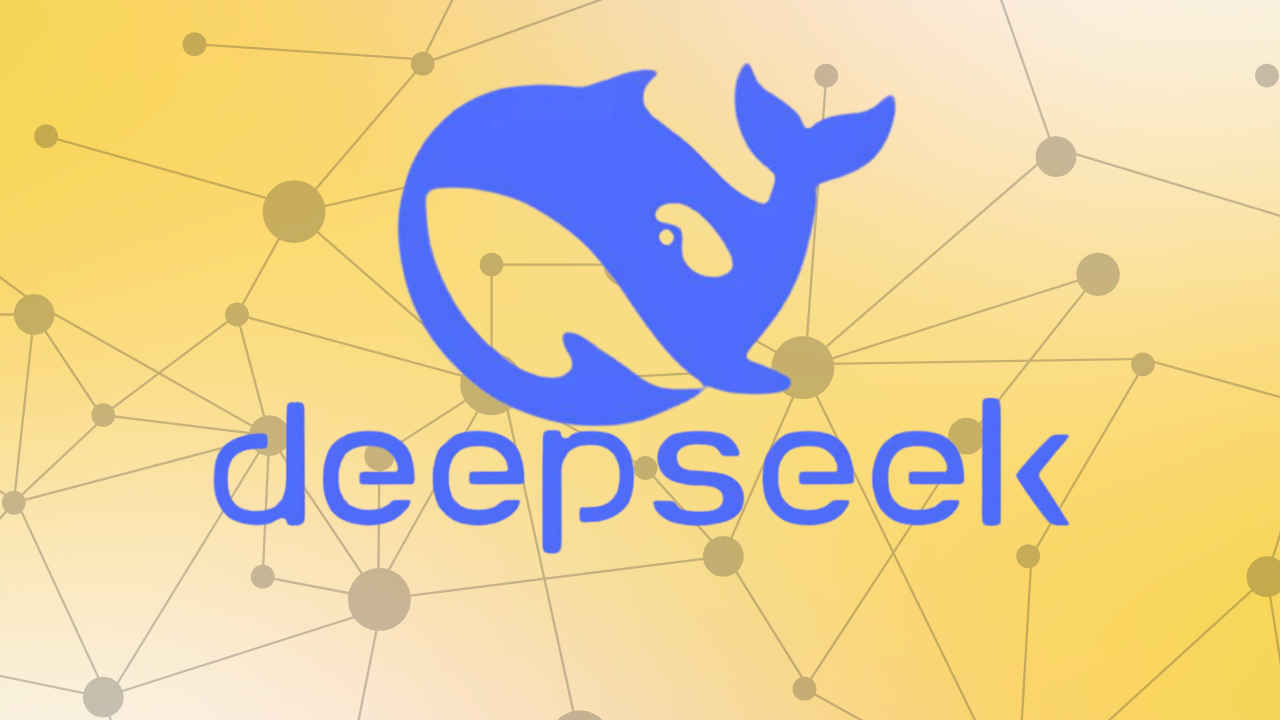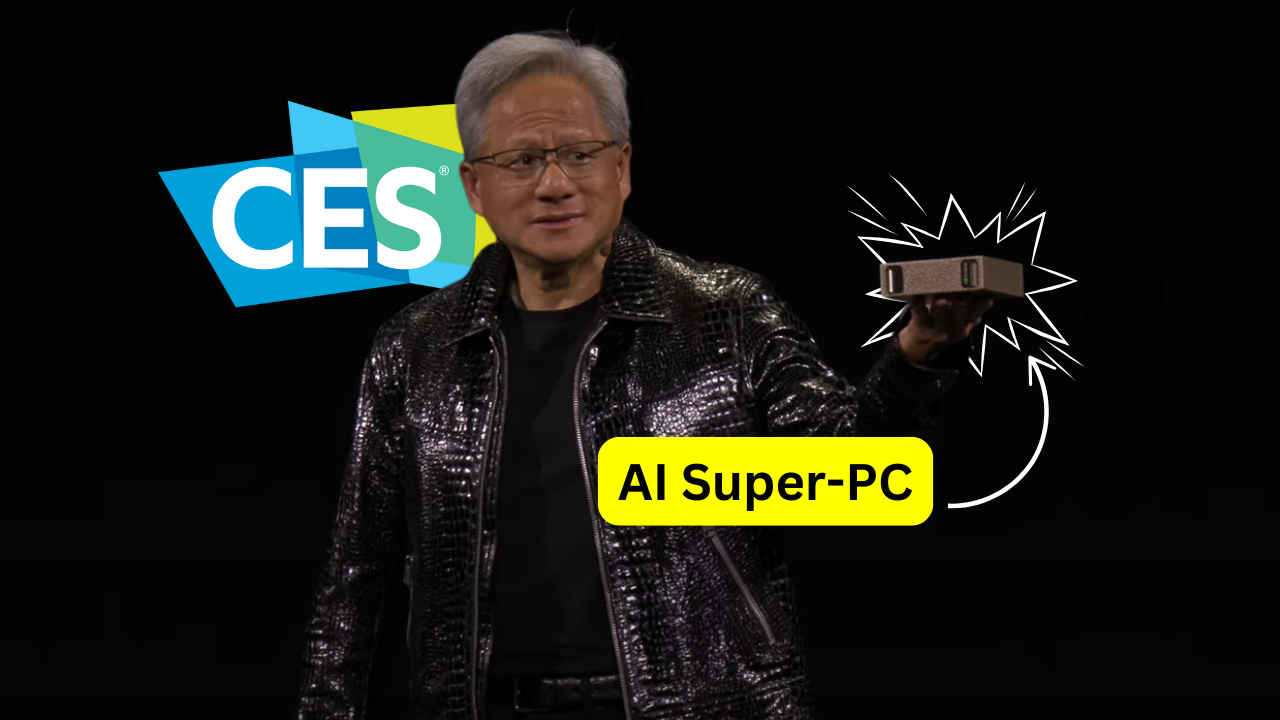DeepSeek vs ChatGPT and NVIDIA: Making AI affordable again?

I remember the first time I tried ChatGPT – version 3.5, specifically. I was floored by how quickly it churned out coherent paragraphs on just about anything I threw at it. In those moments, it felt like I was conversing with a digital polymath. Yet, as we all know, euphoria eventually gives way to practicality. OpenAI’s meteoric rise fueled the AI hype cycle, but I kept having a fundamental question. If AI is so revolutionary, why is it so expensive?
 Survey
SurveyAlso read: DeepSeek-R1, BLOOM and Falcon AI: Exploring lesser-known open source LLMs
Now, in comes DeepSeek, an open-source AI model from China that’s not only giving advanced ChatGPT variants a run for their money, it’s practically calling them overpriced. And maybe it’s not just calling them out – it’s dunking on them with big, bold exclamation points. According to the chatter around the AI circles, DeepSeek’s new R1 model offers performance rivaling (some claim surpassing) ChatGPT or OpenAI’s o1 model in math, coding, and reasoning tasks. And it does so at a fraction of the cost, both in hardware and training and inference cycles. It’s making the wider tech industry, which includes all of us as users and consumers, question the existence of “premium AI” in any shape or form.
AI models: Open-source vs expensive subscription
The AI sector has seen a wave of subscription rates, pay-per-token fees, or enterprise-level licensing so high you’d think we’re all renting rocket ships as users of AI products. Some folks argue this is justified, as these companies have to pay for monstrous compute clusters, advanced training runs, and the operational overhead that never really ends once you’re in the business of AI inference based products and services.

OpenAI first launched ChatGPT Plus at $20 a month, then an enterprise version at $200 per month! In this scenario, the end-user is always paying more and more for incremental improvements. And it’s not just OpenAI. A handful of well-funded AI startups have banked on the narrative that advanced AI is too complicated for any average Joe to replicate cheaply. That sentiment, ironically, is losing credence fast.
DeepSeek R1’s training budget was only $5 million compared to $7 billion by OpenAI for ChatGPT training and inference costs in 2024. If that’s even half true, it signals a tectonic shift. Maybe, just maybe advanced AI doesn’t need the mountain of GPUs we thought. Or at least not as many. That’s not me cheerleading for someone’s downfall, it’s just me observing that maybe we never fully knew how resource-light advanced model training can become.
But then DeepSeek R1 waltzes in with a price point that’s 20 to 30 times cheaper than the major US players. Of course, that’s no small change, enough for big enterprise customers to start wondering if they can get 90% of the top-tier AI performance from an open-source or far cheaper model? It’s reminiscent of last summer’s open-source wave, when Meta released Llama, or how stable diffusion-based AI image models became the open alternative to certain big brand commercial solutions. DeepSeek’s approach is a new iteration of that same spirit – bring robust AI to the masses at minimal cost, shake up the status quo.
Also read: Deepseek R1 vs Llama 3.2 vs ChatGPT o1: Which AI model wins?
Another dimension to consider here is the potential slowdown in NVIDIA revenue. NVIDIA is the biggest winner of the AI hardware gold rush. If AI developers pivot to smaller, more efficient training regimes – like how DeepSeek supposedly managed with $5 million in compute – NVIDIA might not see that monstrous GPU demand continue at its current breakneck pace.

If these open-source, cost-efficient solutions become widely adopted, what does it mean for giant AI startups flush with billions of dollars in VC money? Or for NVIDIA, who’s made a fortune selling advanced GPUs to train these gargantuan neural nets? Potentially, a large chunk of that profit model gets disrupted if the rest of the industry follows DeepSeek’s lightweight, minimal hardware approach.
What does ‘DeepSeek moment of AI’ mean for us
Remember the headlines from a year ago, proclaiming how Generative AI would replace every writer or coder in the next 12 months? We survived that wave of doomsday predictions. Now we’re hearing a parallel about how big AI labs might topple if open-source or cost-efficient solutions overshadow them.
So, does DeepSeek’s arrival mean we’re about to see OpenAI vanish into irrelevance? Probably not. OpenAI’s name recognition and the quality of ChatGPT remain potent. But it does highlight an undercurrent that’s impossible to ignore and will continue to grow – that open-source or budget AI solutions can be shockingly good, if done right. Large enterprise customers might continue paying for top-tier GPT-like reliability, while smaller players lean on open solutions like DeepSeek. The AI marketplace may just get more diverse.
Also read: DeepSeek R1 on Raspbery Pi: Future of offline AI in 2025?
For me, the sweet spot is an ecosystem where major players push the envelope in specialised domains, while open-source alternatives keep them honest on pricing and accessibility. Historically, that’s how software evolves. Look at Linux vs. Windows or Android vs. iOS. We see an interplay of commercial scale and open, community-based innovation. In a best-case scenario, we get more consumer choice and cheaper or even free AI offerings.
At the end of the day, free or cheap AI doesn’t necessarily undermine the viability of well-funded AI startups. It simply forces them to become better and more transparent about what exactly we’re paying for. So, ironically, maybe we owe DeepSeek a thank-you, not just for unveiling some cheaper approach but for reminding us all that innovation doesn’t have to come with an overblown price tag.
Also read: OpenAI launches Operator: How will this AI agent impact the industry?
Jayesh Shinde
Executive Editor at Digit. Technology journalist since Jan 2008, with stints at Indiatimes.com and PCWorld.in. Enthusiastic dad, reluctant traveler, weekend gamer, LOTR nerd, pseudo bon vivant. View Full Profile